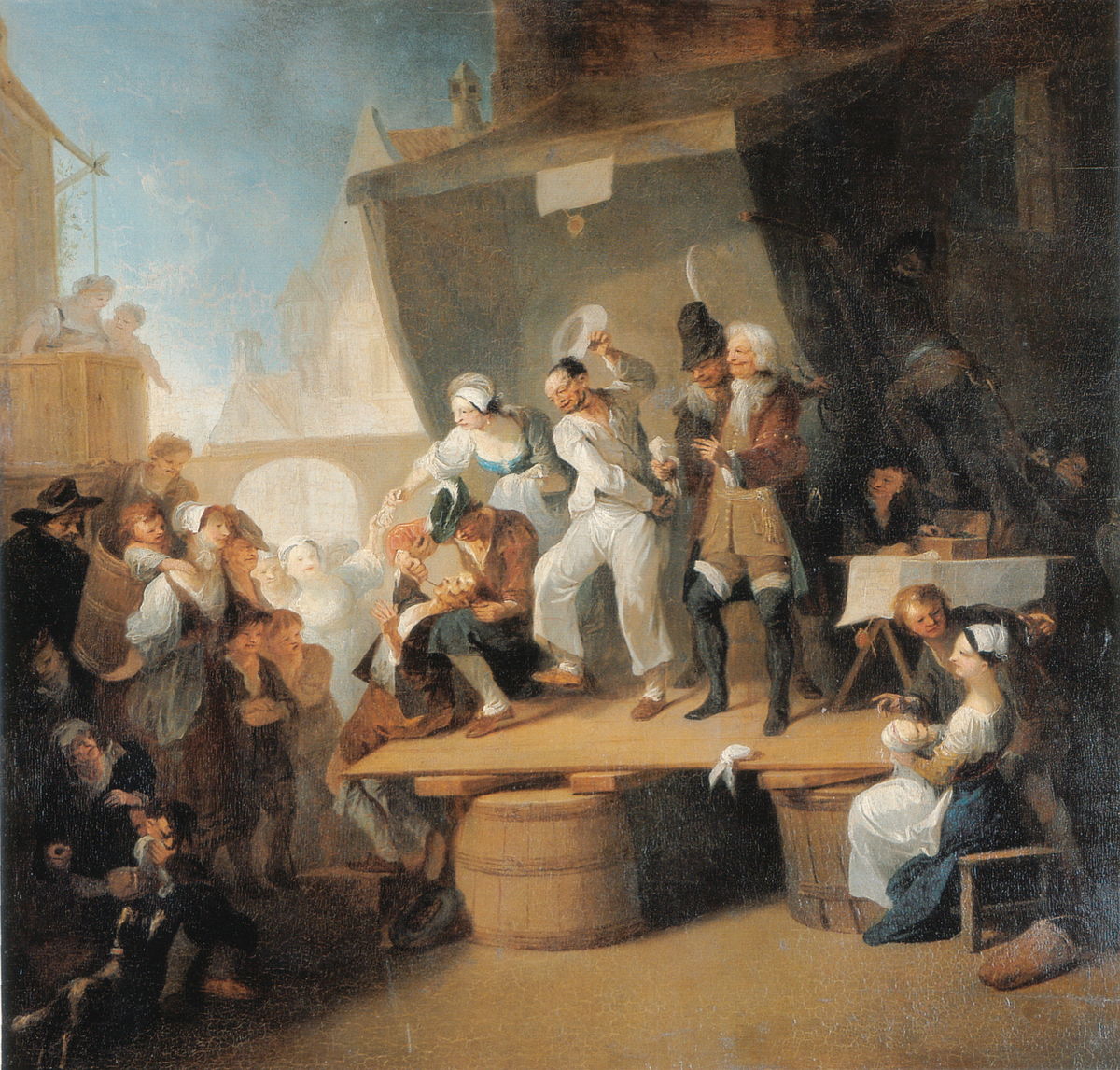Zitat von gki
Beitrag anzeigen
Here is the entry:
(the 1st, 6th October 1810)
Marriage of his parents was in 1807:
last entry
22 of January 1807
his parents:
Martin Maader
and
Walburga
Häusler at Sammern
Michael was born the 11th of September 1781 in Sammern.
his bride
Anna Waidinger
from Moos
30 years old, born in Moos
her parents
Jakob Waidinger
Häusler in Moos
and Franziska
Witnesses
Joseph Käser, Schullehrer (teacher)
Martin Maader, Häusler (presumably his father).
Isarhofen has a rather complete and legible index, you may want to search for yourself?
Note the spelling of Waidinger vs. Wandinger. Family names were only fixed in spelling after 1870.



Kommentar